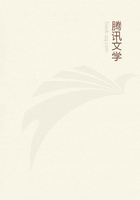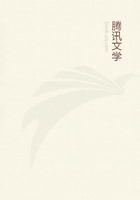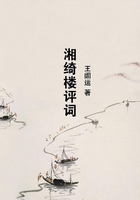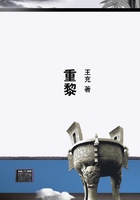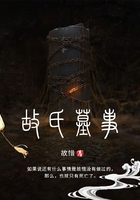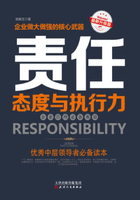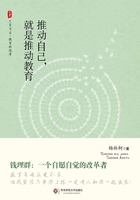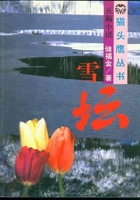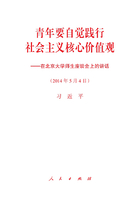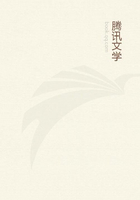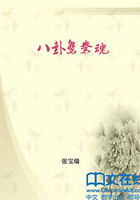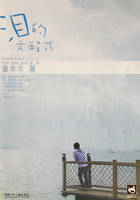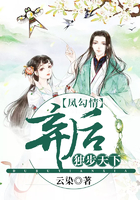For even in manufacture, the department of industry where machine processes have made most advance, there are many processes where hand labour is still required, in sorting and preparing materials for machinery, in performing minor processes of trimming or decoration, in putting together parts or in packing, etc.Where female labour is employed, a very large proportion of it will be found to be engaged in such processes outside the direct dominion of machinery.Though most of the distinctively human 'costs' of machine processes, the long hours, high pace, monotony of muscles and nerve strain, are usually present in such work, it is not absolutely mechanical, some slight elements of skill and volitional direction being present.
There are other restrictions upon the purely repetitive or routine character of manufacture.There is much work which no machine can be invented to do because of certain inherent elements of irregularity.Most of these are related to the organic nature of some of the materials used.Where expensive animal or vegetable products require treatment, their natural inequalities often render a purely mechanical operation impossible or wasteful.
The killing, cutting, and canning processes in the meat trade, the picking, preparation and packing of fruit, many processes in the tanning and leather trade.the finer sorts of cabinetmaking, are examples of this unadaptability of organic materials to purely mechanical treatment.Where very valuable inorganic materials are used in making high-grade products, similar limitations in the machine economy exist.The finest jewellery and watch-making still require the skill and judgment of the practised human hand and eye.Some of the irregularities in such processes are, indeed, so small and so uninteresting as to afford little, if any, abatement of human costs; but they remove the labour from the direct control of a machine.
A more important irregularity which restricts machinery in manufacture exists where the personal needs or taste of the consumer help to determine the nature of the process and the product.Here again we are confronted by the antagonism of mechanism and organism.For the true demand of consumers is the highest expression of the uniqueness which distinguishes the organic.
As no two consumers are exactly identical in size, shape, physical or mental capacities, tastes and needs, the goods required for their consumption should exhibit similar differences.Machine economy cannot properly meet this requirement.It can only deal with consumers so far as their human nature is common: it cannot supply the needs of their individuality.So far as they are willing to sink their differences, consenting to consume large quantities of goods of identical shapes, sizes and qualities, the machine can supply them.But since no two consumers are really identical in needs and tastes, or remain quite constant in their needs and tastes, the fundamental assumption of routine-economy is opposed to the human facts.
Consumers who refuse to sink their individuality and are 'particular'
in the sort of clothes they wear, the sort of houses and furniture and other goods they will consent to buy, exercise a power antagonistic to routine labour.They demand that producers shall put out the technical skill, the care, taste and judgment required to satisfy their feelings as consumers.That is to say, they demand the labour not of the routine-worker but of the craftsman, work which, though not creative in the full free artistic sense, contains distinct elements of human interest and initiative.
§3.The presence and the possibilities of this individuality of labour, flowing from the educated individuality of consumers, are a most important influence in the lightening of the human costs of labour.At present no doubt a very small proportion of the material goods turned out by the industrial system contains any appreciable element of this individuality of workmanship.It may, indeed, well appear that our recent course during the development of the machine economy has been a retrograde one.In the beginnings of industry it appeared as if there were more scope for the producer's self-expression, more joy of work, more interest in the product, even though destined for the commonest uses.The guilds in the Middle Ages preserved not a little of this happier spirit of craftsmanship.To those who brood upon these visions of the past, our modern industrial development has often seemed a crude substitution of quantity of goods for quality, the character of labour deteriorating in the process.With the element of truth in such a judgment is mingled much falsehood.There has never been an age or a country where the great bulk of labour was not toilsome, painful, monotonous, and uninteresting, often degrading in its conditions.

